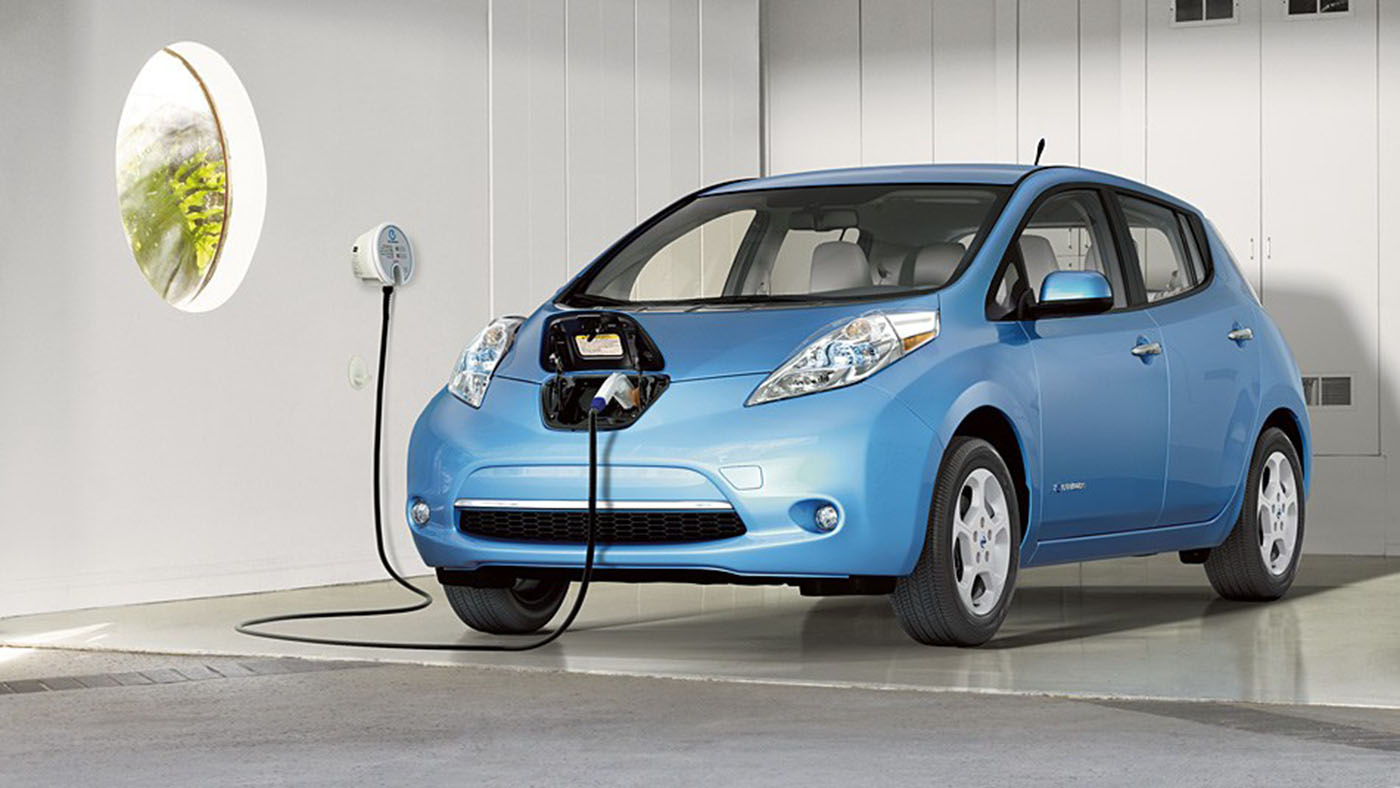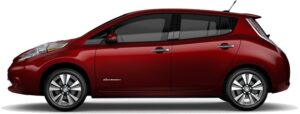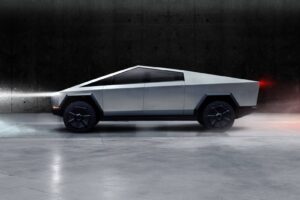So, what actually is an electric car?
If you’ve ever come into the workshop and asked about electric cars, you’re not alone. In simple terms, an electric vehicle (EV) is just a car that runs on a big battery and an electric motor – there’s no petrol or diesel engine under the bonnet, just a whole lot of wiring and a decent-sized battery pack. You plug them in at home or at a public charger (like the ones at The Base or down in Te Awamutu), top up the battery, and off you go. No more queuing at the petrol station, just a bit more planning when it comes to charging.
Kiwi roads and the rise of electric cars
Electric cars are popping up all over Hamilton these days – I see everything from Nissan Leafs and Tesla Model 3s to BYDs and even MG ZS EVs rolling through the shop. Even a few quirky ones like the Renault Zoe or a Hyundai Ioniq pop in from time to time. Don’t think it’s just blokes either; heaps of local mums from Glenview or young grads in Rototuna are making the switch too. It makes sense – as battery ranges go up and prices drop, EVs are now pretty doable for families in places like Morrinsville or Ngaruawahia who clock up plenty of stop-start traffic on Wairere Drive or those gnarly potholed backstreets in Frankton.
By 2035, most Kiwi households could have an EV in the driveway. Worldwide, they reckon there’ll be 400 million electric cars buzzing around by 2050. Not just a city thing, either – even tradies from Cambridge are running a few electric vans nowadays.
Why NZ’s so keen on electric cars
Main thing – electric vehicles are helping Kiwis cut down on carbon emissions. If we swapped all the fossil fuel munchers for EVs, that’s millions of tonnes less CO2 every year. Plus, with more of our electricity made from hydro and wind, it just makes sense. The price range is pretty wide – you’ll spot second-hand Nissan Leafs for under $10k, but also slick Euro wagons like the Audi e-tron up towards $150k. There really is something for everyone.
Common electric car brands and models around Hamilton
- Hyundai Ioniq & Kona
- Nissan Leaf

- BMW i3 & iX
- Tesla Model 3, Model Y
- VW e-Golf
- Renault Zoe
- Kia Niro EV
- Mitsubishi Outlander PHEV

- Jaguar I-Pace
- Audi e-tron
- Mercedes EQC
- Holden Volt (a few still getting around)
- Toyota bZ4X (rare but seen a couple)
- Volvo XC40 EV
Running costs for electric cars
Here’s the kicker – running an EV in Hamilton traffic is way cheaper than a petrol or diesel. Charging at home costs stuff all. Even if you do the school run from Chartwell to Dinsdale and back daily, you won’t be forking out like you would at the bowser. On average, you’re looking at about 30c per litre equivalent. That’s seven times cheaper than petrol. Sure, they can cost more upfront (especially if you want something that’ll make it from Hamilton to Raglan and back without worrying), but with battery tech improving and petrol not getting any cheaper, you’ll save plenty over a few years.
If you’re charging overnight, it’s even better. Say you’re driving 40km a day – that’s about $0.88 a night if you’re plugging in at home at the cheapest rate. Not bad, right?
Charging stations around the Waikato
Most folks charge up at home, but you’ll also spot chargers at The Base, Chartwell, Pak’nSave, and heaps of supermarkets. Even some of the marae out Cambridge way have a charger or two. There are over 100 public fast chargers from charge.net.nz dotted every 50–100km up and down State Highway 1 and through places like Huntly and Te Kowhai. More businesses, hotels, and motels are getting chargers put in all the time, which makes roadies to Matamata or Pirongia a breeze.
How to find a charger?
Easy-as – just hit up plugshare.com or charge.net.nz. Green dots are working stations, orange means they’re nearly ready to go.
Servicing and Repairs for Electric Cars
EVs might not have oil to change, but they do have their own issues – like battery health checks or sorting out weird noises from the brakes after braving all those puddles near Nawton. If you need any repairs or a car service in Hamilton for your electric or hybrid, bring it in to Grimmer Motors. Our techs know the common NZ car problems and are happy to check under the bonnet, no matter what you drive.



